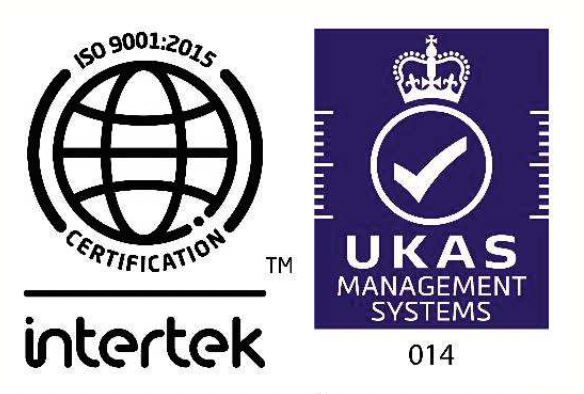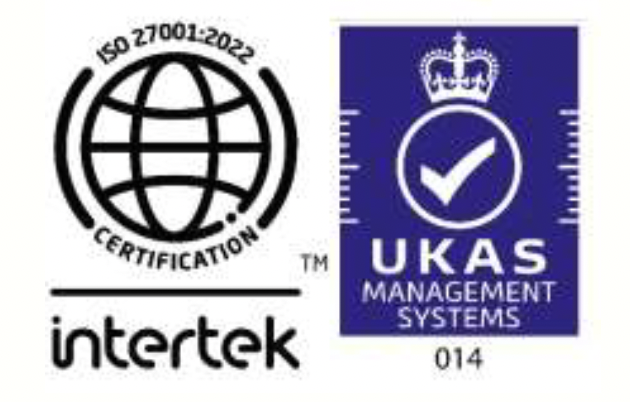The Importance of Implementing ISO 22301 for Business Continuity

In today's dynamic business landscape, organizations face numerous risks and disruptions that can have a severe impact on their operations. Implementing a robust business continuity management system (BCMS) is essential to ensure that businesses can effectively navigate and recover from unexpected events. ISO 22301, the international standard for business continuity, plays a crucial role in providing a structured framework for organizations to enhance their resilience. This article explores the importance of implementing ISO 22301 for business continuity and the key benefits it offers.
-
Safeguarding Business Operations:
- The significance of business continuity: Understanding the potential risks and impacts on operations.
- ISO 22301 as a strategic approach: How ISO 22301 helps organizations establish a proactive and comprehensive approach to business continuity.
- Identifying critical processes and dependencies: Conducting a business impact analysis (BIA) to assess vulnerabilities and prioritize continuity measures.
-
Mitigating Risks and Disruptions:
- Risk assessment and management: Utilizing ISO 22301 to identify and assess potential risks to business continuity.
- Establishing effective risk mitigation strategies: Aligning ISO 22301 requirements with risk management practices to minimize the impact of disruptions.
- Business continuity planning: Developing robust plans and procedures to ensure continuity of critical functions during unforeseen events.
-
Ensuring Resilience and Quick Recovery:
- Building organizational resilience: Leveraging ISO 22301 to enhance the ability to adapt, recover, and thrive in the face of disruptions.
- Incident response and management: Implementing structured processes and controls to enable prompt and effective responses to incidents.
- Minimizing downtime and financial losses: The role of ISO 22301 in reducing the impact of disruptions and facilitating rapid recovery.
-
Regulatory Compliance and Reputation:
- Meeting legal and regulatory requirements: How ISO 22301 assists organizations in aligning with industry regulations and compliance standards.
- Strengthening stakeholder confidence: ISO 22301 certification as evidence of a robust and reliable business continuity program.
- Protecting brand reputation: Demonstrating a proactive approach to risk management and business continuity to customers, partners, and investors.
-
Integration and Synergies:
- Integration with other management systems: Exploring the synergies between ISO 22301 and standards such as ISO 9001 (Quality Management System) and ISO 27001 (Information Security Management System).
- Leveraging existing systems: Maximizing efficiency by integrating business continuity practices into established management frameworks.
Conclusion: Implementing ISO 22301 for business continuity management is a critical step in building organizational resilience and ensuring the continuity of operations in the face of disruptions. By adhering to the requirements of ISO 22301, organizations can proactively identify and mitigate risks, develop robust business continuity plans, and recover quickly from incidents. This not only protects the organization from financial losses but also enhances stakeholder confidence, regulatory compliance, and brand reputation. For more information please contact us

